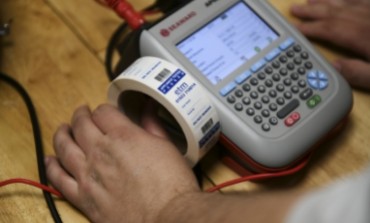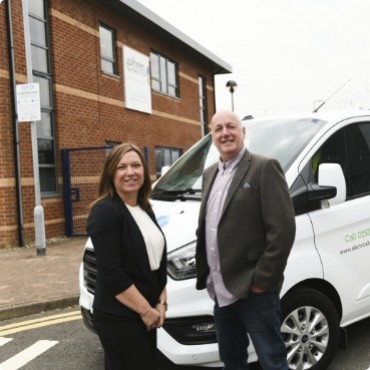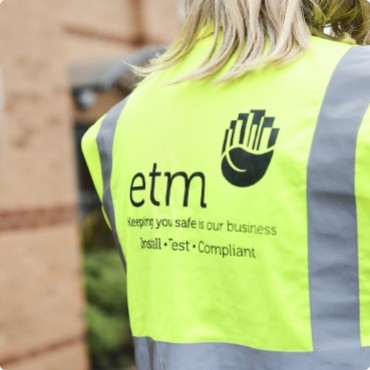When discussing Fixed Wire Testing, it's essential to have a clear understanding of various aspects related to the process. Here are the key questions you've mentioned, along with detailed answers:
1. Is fixed wire testing a legal requirement?
Yes, fixed wire testing is a legal requirement under various electrical safety regulations, including the Health and Safety at Work Act and the Electricity at Work Regulations. Regular testing is necessary to ensure the safety of electrical installations and compliance with statutory obligations.
2. How often should fixed wire testing be carried out?
The frequency of fixed wire testing varies based on the type of property and its use:
- Residential Properties: Every 5 years or upon change of occupancy.
- Commercial Properties: Every 1-5 years, depending on the level of risk and usage patterns. High-risk environments may require more frequent testing.
3. What does an EICR report show?
An Electrical Installation Condition Report (EICR) provides a detailed assessment of the electrical installation's safety and compliance. The report includes:
- The condition of wiring and circuits.
- Identification of any deficiencies or hazards (rated as C1, C2, C3, or FI).
- Recommendations for remedial actions.
- Compliance with current regulations.
4. What are the potential risks of not conducting fixed wire testing?
Neglecting fixed wire testing can lead to serious risks, including:
- Increased likelihood of electrical shocks or fires due to faulty wiring.
- Non-compliance with legal requirements, leading to potential legal penalties.
- Higher repair costs in the event of electrical failures.
- Risk to employee safety and potential liability for accidents.
5. Who is responsible for arranging fixed wire testing in a commercial property?
The responsibility typically lies with the property owner or designated management personnel. In a commercial setting, this could include facilities managers, business owners, or landlords who must ensure that electrical installations are safe and compliant.
6. What are the different types of tests performed during a fixed wire inspection?
During a fixed wire inspection, several tests may be performed, including:
- Visual inspections of wiring and connections.
- Insulation resistance testing.
- Earth continuity testing.
- Circuit testing (voltage and load testing).
- Functional testing of circuit breakers and RCDs (Residual Current Devices).
7. What should I do if a critical fault is identified during a fixed wire test?
If a critical fault (C1 rating) is identified during testing, it is crucial to take immediate action:
- Disconnect the affected circuit to prevent danger.
- Notify a qualified electrician to assess and rectify the issue promptly.
- Implement recommended remedial actions to ensure safety and compliance.
8. How can I choose a qualified electrician to perform fixed wire testing?
To choose a qualified electrician for fixed wire testing, consider the following:
- Ensure they are registered with a recognized body (e.g., NICEIC, ELECSA).
- Check for relevant certifications and qualifications in electrical safety testing.
- Look for experience in conducting EICRs and fixed wire testing in similar environments.
- Read reviews and seek recommendations from other businesses or contacts.
Conclusion
Asking these key questions about fixed wire testing is essential for ensuring electrical safety and compliance in any property. Regular testing helps mitigate risks and maintain a secure environment for everyone.
If you need assistance with fixed wire testing or have further questions, feel free to contact ETM. Our team of qualified electricians specializes in electrical safety solutions tailored to your needs.
Ensure your electrical safety today—contact ETM for expert assistance! Trust ETM for all your electrical testing needs!

PAT Testing Offer
We are committed to ensuring the safety and compliance of your electrical equipment through our professional Portable Appliance Testing (PAT) services.
As a token of our appreciation for choosing us, we’re excited to offer you an exclusive 10% discount on all PAT testing services!
FIND OUT MORE





